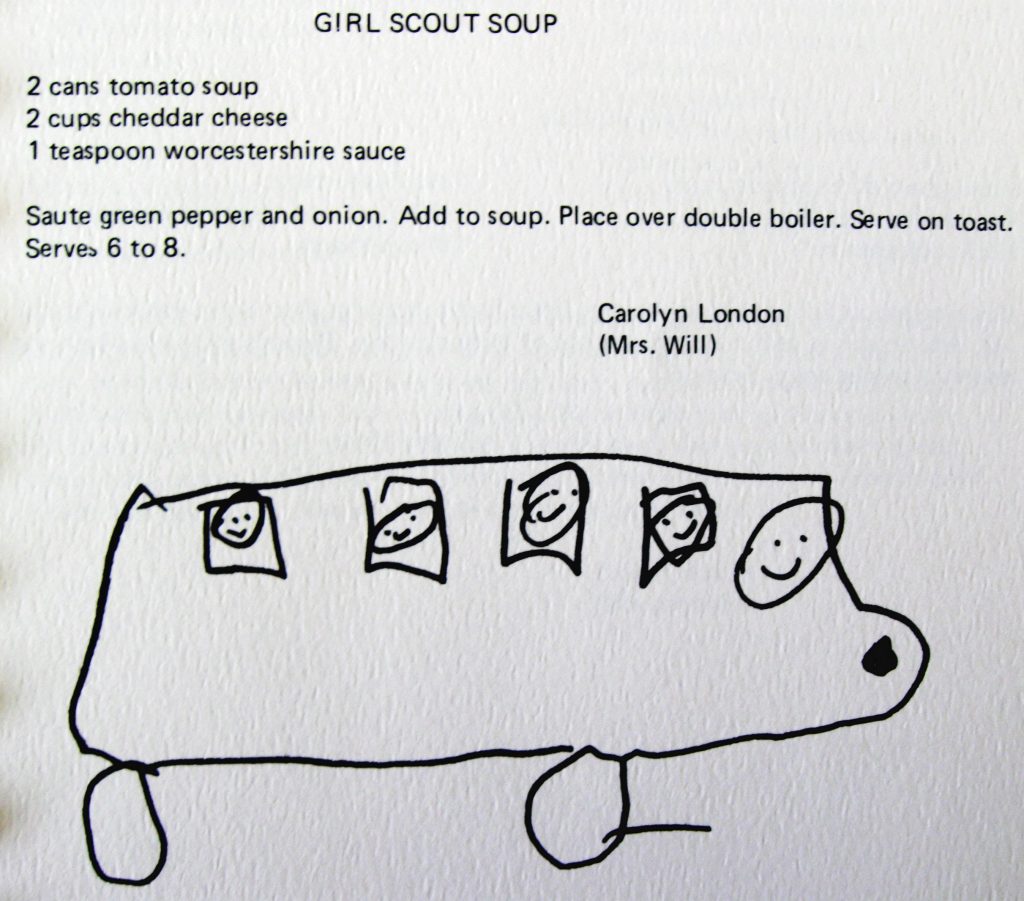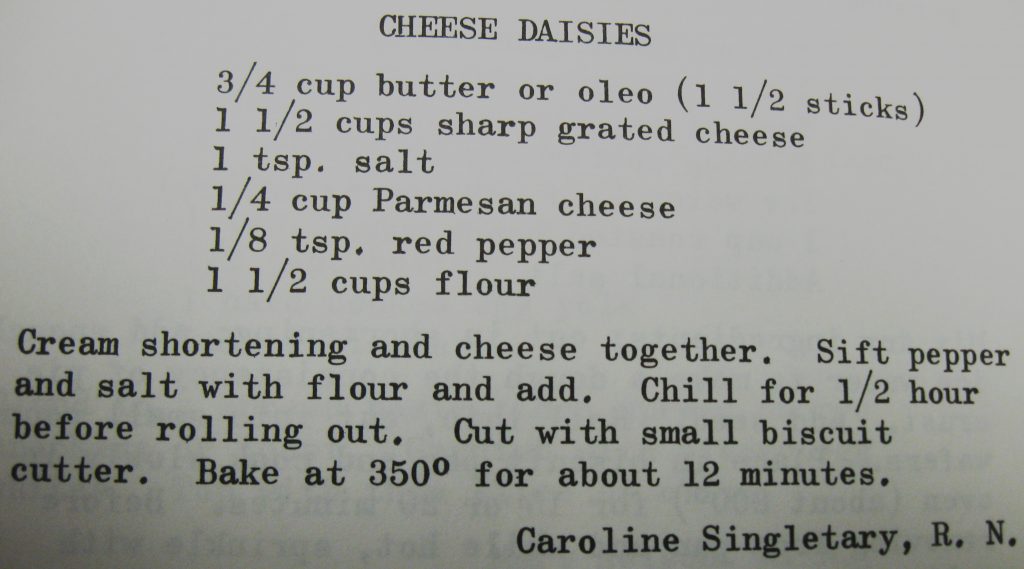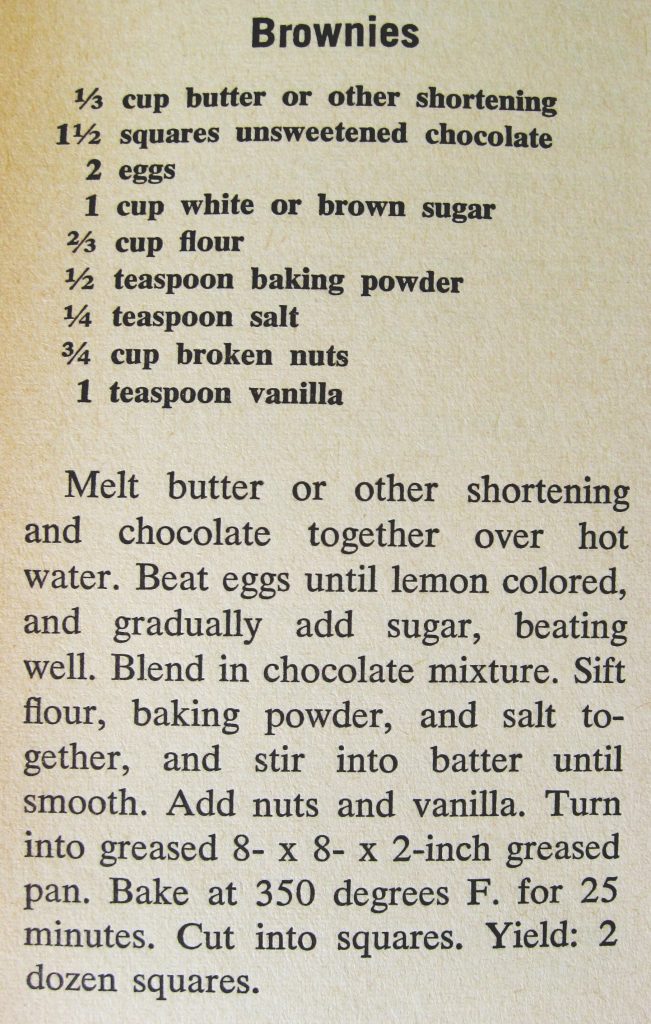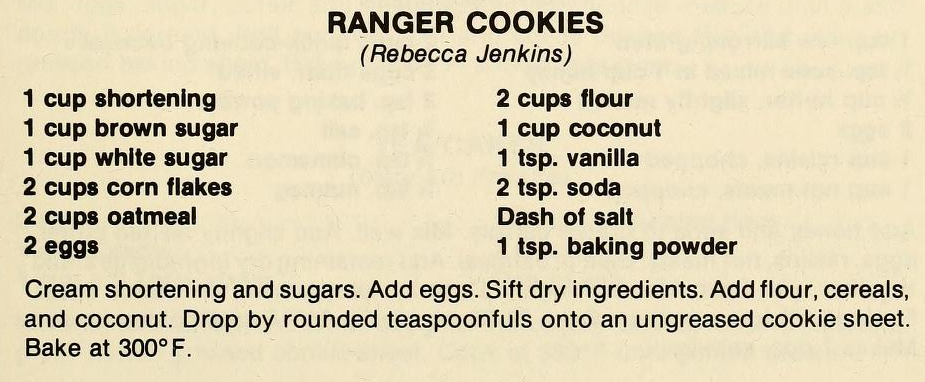Sunday, March 12, dawned blustery. McLendon had scheduled the game when most of Durham, including its police force, would be in church. He hadn’t told the school administration about the game; when a reporter for The Carolina Times, Durham’s black weekly, found out, he agreed not to write anything. No spectators would be allowed.
Just before 11 A.M., the Duke team piled into a couple of borrowed cars. ‘To keep from being followed, we took this winding route through town,’ Hubbell recalls. They pulled their jackets over their heads as they walked into the small brick gym.
Inside, stomachs had been churning all morning. ‘I had never played basketball against a white person before and I was a little shaky,’ Stanley says. ‘You did not know what might happen if there was a hard foul, or if a fight broke out. I kept looking over at Big Dog and Boogie to see what to do. They were both from up North.’
The game began with a sputter. Both teams botched routine plays, and shots caromed off the rims. One of the Duke players made a gorgeous pass—right into the hands of a North Carolina College player. ‘On that particular morning, you didn’t exactly need to play skins and shirts,’ Hubbell says with a laugh….
The Duke players had never seen anything like it. By the end of the game, the scoreboard told the story: Eagles 88, Visitors 44.
Then came the day’s second unlikely event. After a short break, the two teams mixed their squads and played another game, an even more egregious violation of Jim Crow. This time it was skins and shirts. ‘Just God’s children, horsing around with a basketball,’ says George Parks….
The Durham police never found out what happened. Nor did the city’s two daily newspapers, and the black reporter kept his word. No scorecard exists, and as far as official basketball recordkeeping is concerned, the game never took place.
From “The Secret Game” by Scott Ellsworth. The article appeared in the New York Times Magazine on March 31, 1996. A fuller account of the March 12, 1944 basketball game between students from North Carolina College for Negroes (now North Carolina Central University) and medical students from Duke University—an illegal game in the Jim Crow South—is now available as The Secret Game: A Wartime Story of Courage, Change, and Basketball’s Lost Triumph.






